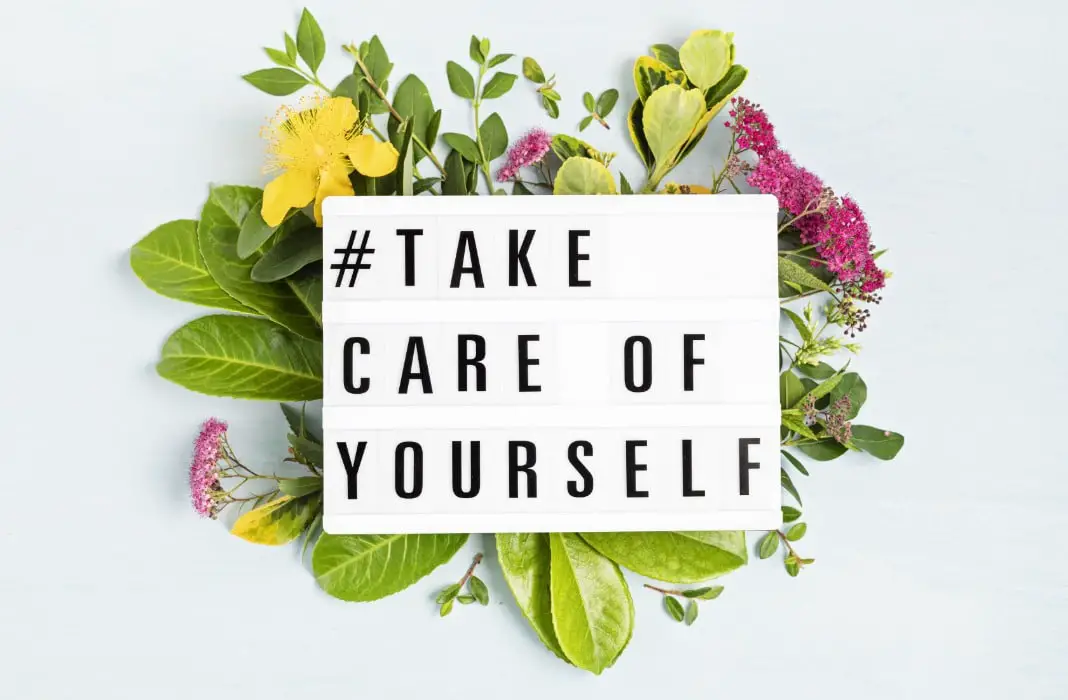The benefits of investing in your mental health are vast and sundry. For instance, having good mental health allows you to empathize with others around you, make your brain more receptive and adaptive to trauma, build a solid support mechanism you can always lean into, and generally lead a happier and healthier life.
That being said, if you’re undergoing a mentally tolling period in your life, here are more reasons why you should give mental health professionals a try:
1. Make Your Brain More Adaptive
Brain plasticity refers to your brain’s capacity to undergo physiological change. As your experiences and traumas widen, so does your mental adaptive response.
For instance, during your childhood, a significant traumatic event can trigger a massive wave of neurological changes. A prime example of this is abusive households. Children who grow in these settings register a lot more changes in their brain medium than their older siblings. This sets them up for severe setbacks later in their lives.
However, this doesn’t mean that they lose the capacity to heal. Many people who’ve undergone depression in their early years have found ways to change their brain chemistry for the better, allowing them to lead healthy and happy lives. In the end, it boils down to how fast you turn towards professional help and start the process of recovery.
Many people believe in the saying, “you can’t teach an old dog new tricks.” However, this doesn’t hold true in the case of your brain. Your mind has a tremendous capacity to change, withstand, and adapt to a variety of stressors with age.
If you want to learn how to keep your mental health intact in stressful situations, it’s important to understand your brain’s “on” and “offs.”
2. Deal With the Lingering After Effects of Childhood Trauma
Things you experience at a young age will haunt you later in life and play a pivotal role in shaping your personality; everything is connected. There’s a reason why you’re introverted, shy, or have a fear of heights.
At some point in your life, some events occurred that adversely impacted your development. You either internalized or repressed these events or let them fester. Consequently, detrimental connections were created in your brain.
Clinical Depression, PTSD, and a host of other mental health diseases are some of the reasons why people resort to abuse, self-harm, and domestic violence.
Fortunately, psychotherapy in caring mental health treatment centers, like Jackson House, can help you in this regard. It’s a great way to unfurl past traumas and re-evaluate its role in your life.
Resolving ghosts of the past can also help liberate you from the constraints of your mind and soothe and heal your mental scars.
3. Ward Off Social Media Addiction
In this digital age, social media usage is shooting through the roofs. As the use of smartphones, and other immediately accessible devices surge, attention and concentration spans register a serious blow. This leads to the lesser application of complex brain processes.
You have to realize that your brain doesn’t just thrive on absorption and comprehension, but interpersonal connections and meaningful company. The advent of babysitting smart toys has already made our kids intellectually, physically, and cognitively handicapped. That’s why doctors often recommend taking the time to actively participate in your children’s lives.
Everything is good in moderation, which is the prescribed proverbial medicine. Spending some time away from your phone and combating your addictions to check your notifications can make a world of difference for your mental health.
Social media addiction is a real thing and you shouldn’t shy away from seeking professional help to bring “real productivity” back into your life. It might be just what you need to focus on your bestseller or finish your gardening project.
4. Treat Physical Symptoms
The body and mind have an inseparable marriage. When the mind suffers, the body inevitably experiences bouts of physical stress. Depression and anxiety have a well-documented body of distressing physical effects.
When people bury a sea of insecurities and fear deep into their minds, they gather and weigh the senses down. Most people live in denial; instead of voicing their concerns, they suppress their emotions due to societal pressures and stereotypes. Under the burden of these things, the body often reacts to tell its owner that “something is wrong! You must do something about it.”
If you continue to neglect your deteriorating mental health, nausea, dizziness, loss of consciousness, insomnia, and a slew of other symptoms can arise.
Fortunately, together with your mental pain, physical ailments would also fade away when you ask the help of a therapist.
5. Broaden Your Thought Processes

A great benefit of investing in your mental health is that it helps you widen your empathetic reach. Not only does it make you understand yourself better, but also the world beyond your existence.
When you’re mentally hurt, you see the world through a narrow lens. You bombard people with assumptions and judgments and refuse to see their lives in a greater societal and individual context.
For example, some people often harbor hate, which comes out of their mind in a variety of ways. Sometimes, they’re not willing to accept love when it comes to running their way.
Sometimes, they scar their bodies because they can’t deal with the numbness and emptiness in their bones. In reality, these people aren’t inherently bad. Their actions are just their cries for help.
Without these mental monsters clouding your worldview, you can open your mind and heart to a host of possibilities and perceptions you thought never even existed. A mental health practitioner can help you in this regard.
6. Prepare For The Future
As mentioned, things of the past are going to make frequent visits to your present. Knowing how to cope and tackle them is a skill you need to learn.
Suffering and conflict are inevitable, and they can spring out from a variety of sources. The external world is not in your control. For instance, you can meet a bully in school who says something that wakes up and old nerve. A verbal spat can break up in a workplace that can destabilize your senses.
Awareness is essential to get a handle on conflict. For example, if you’re suffering from a chronic disease, reflect and reassess your position since it’s helpful to separate your internal emotions from the effects of your condition.
This gives you a much better shot to resolve conflict. Sharing your feeling with someone else also helps better understand your emotional weather and act more proactively.
Learning how not to succumb to difficulties requires a lot of practice, but you can pitch the chips in your offer by having a professional on your side.
7. Prevent Social Isolation
Social isolation is one of the biggest pitfalls of ailing mental health. Knowing you have a support mechanism around you in the form of friends, family, or a therapist is vital to evade the potent feelings of loneliness and hopelessness.
If you’re willing to go the extra mile, you can even join a support group, where you’ll realize that many people share a similar strain of pain. For example, if you’re going through a divorce, talking to other people in the same situation can give you the push you need to move past heartbreak.
8. Remove The Need For Self-Medication
People often rush to pharmacies or black markets to treat their mental health conditions, without consulting a certified mental health practitioner.
Rather than solving them, taking this route is extremely dangerous and can aggravate your problems. You might get trapped in an addictive cycle where you’re underlying psychological problems stay masked and consequently untreated.
In therapy, as you find the chief reasons behind your mental downfall, you’ll feel less and less inclined to self-medicate.
9. Educate The Next Generation
The best thing about investing in your mental health is you have the experience and empathy to guide others in their time of need, especially since the new generation is drowning in a deluge of mental health problems.
They’re scared to share their problems with their parents, thinking no one will understand what they’re going through.
You can share your own experiences with your loved ones and reassure them that expressing their emotions isn’t a bad thing, but it’s actually good for them in the long run. They can release a lot of what’s stagnated inside with just a few hours of therapy.
It’s okay if they want to vent and express their anger — it’s a natural impulse that they shouldn’t squelch, or it’ll end up making them resentful.
Bottom-Line
Mental health professionals can breathe new life into your world. Asking for their help can aid you to gain the self-confidence and self-esteem to build long-term healthy relationships, speak up for yourself, and demand what the world truly owes you. It’s the only way you can process and resolve the hurt and suffering you’ve undergone in your past and take the reins of your life in your own hands.












